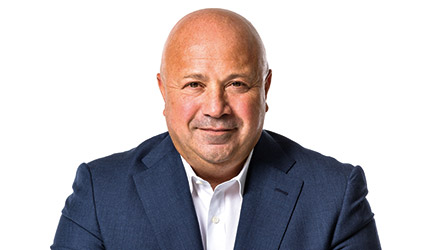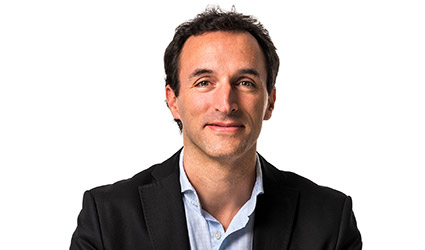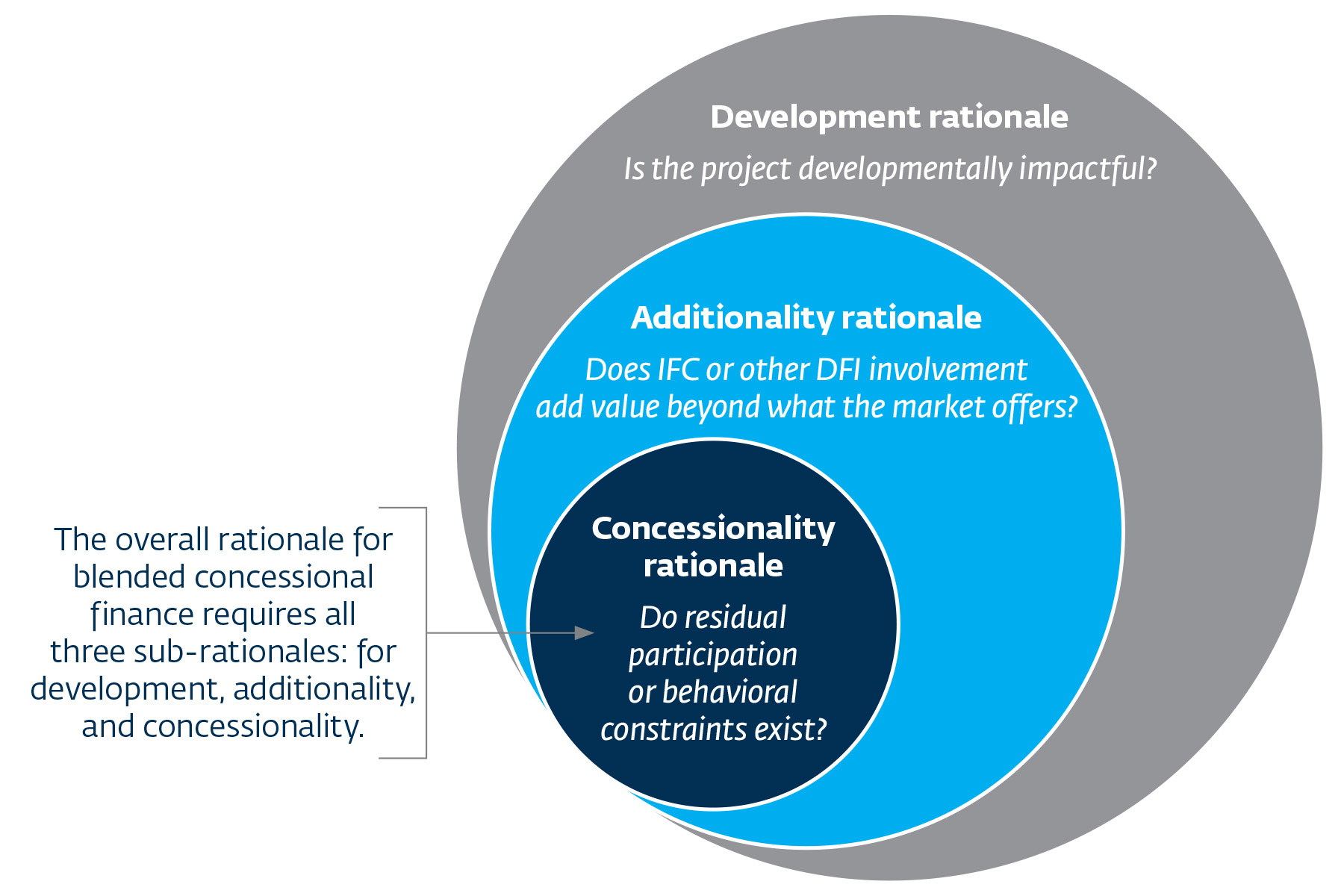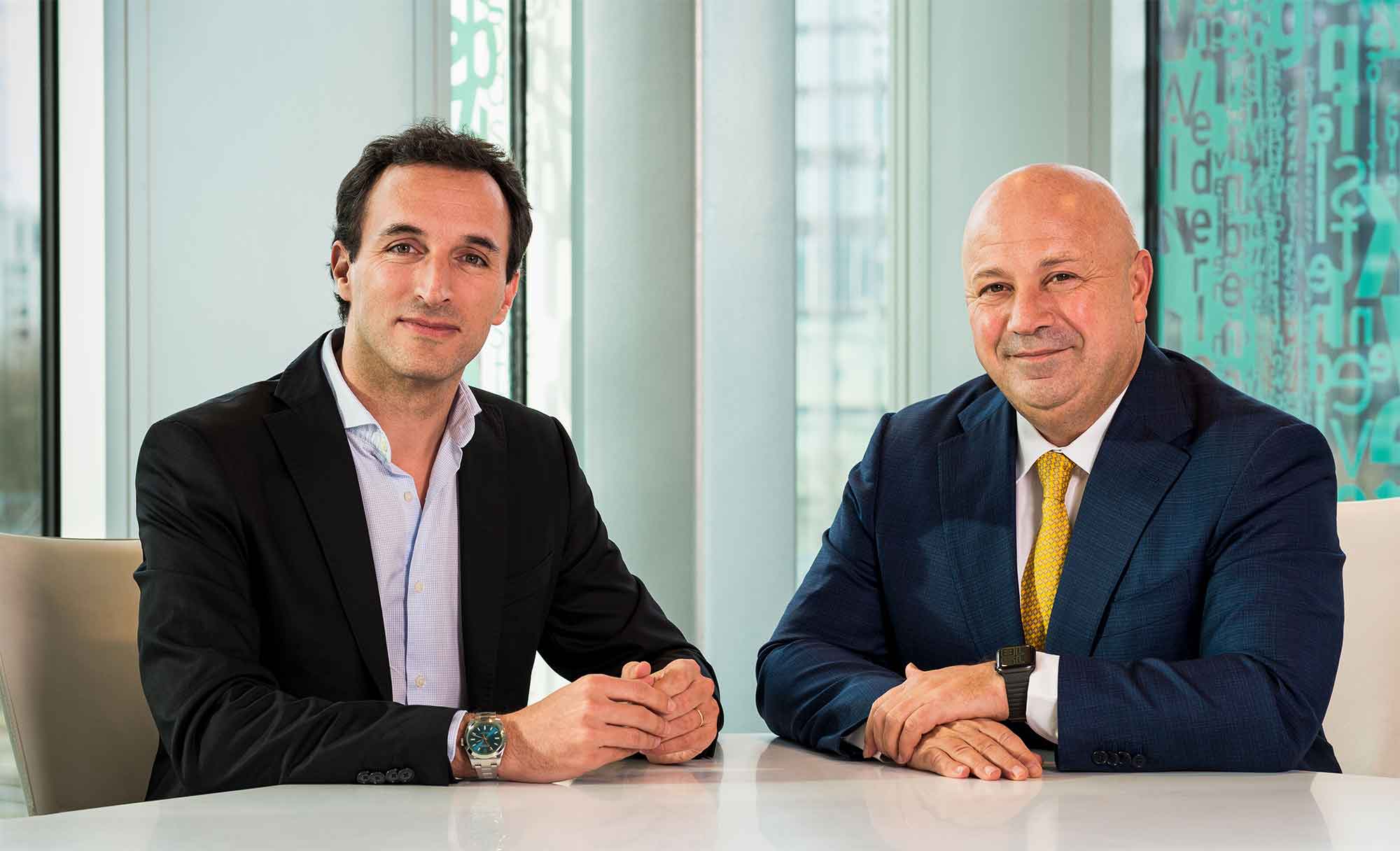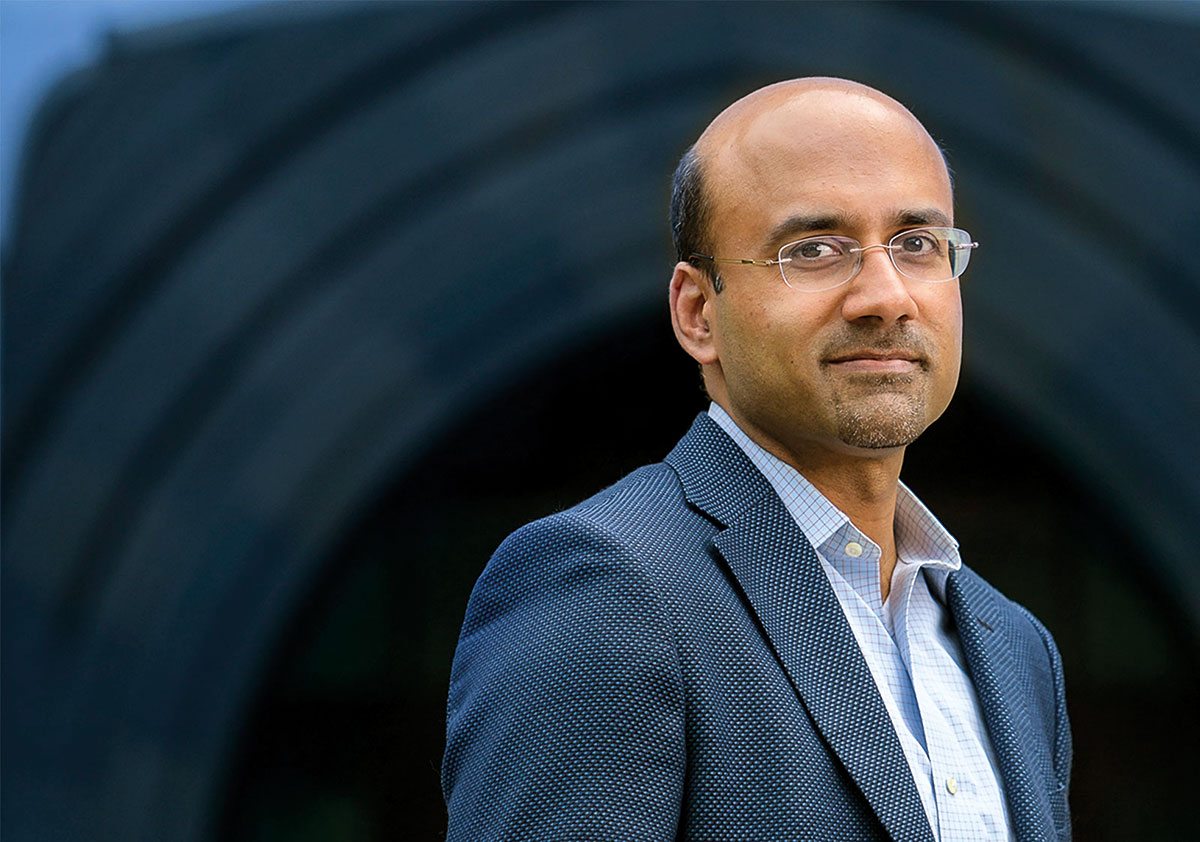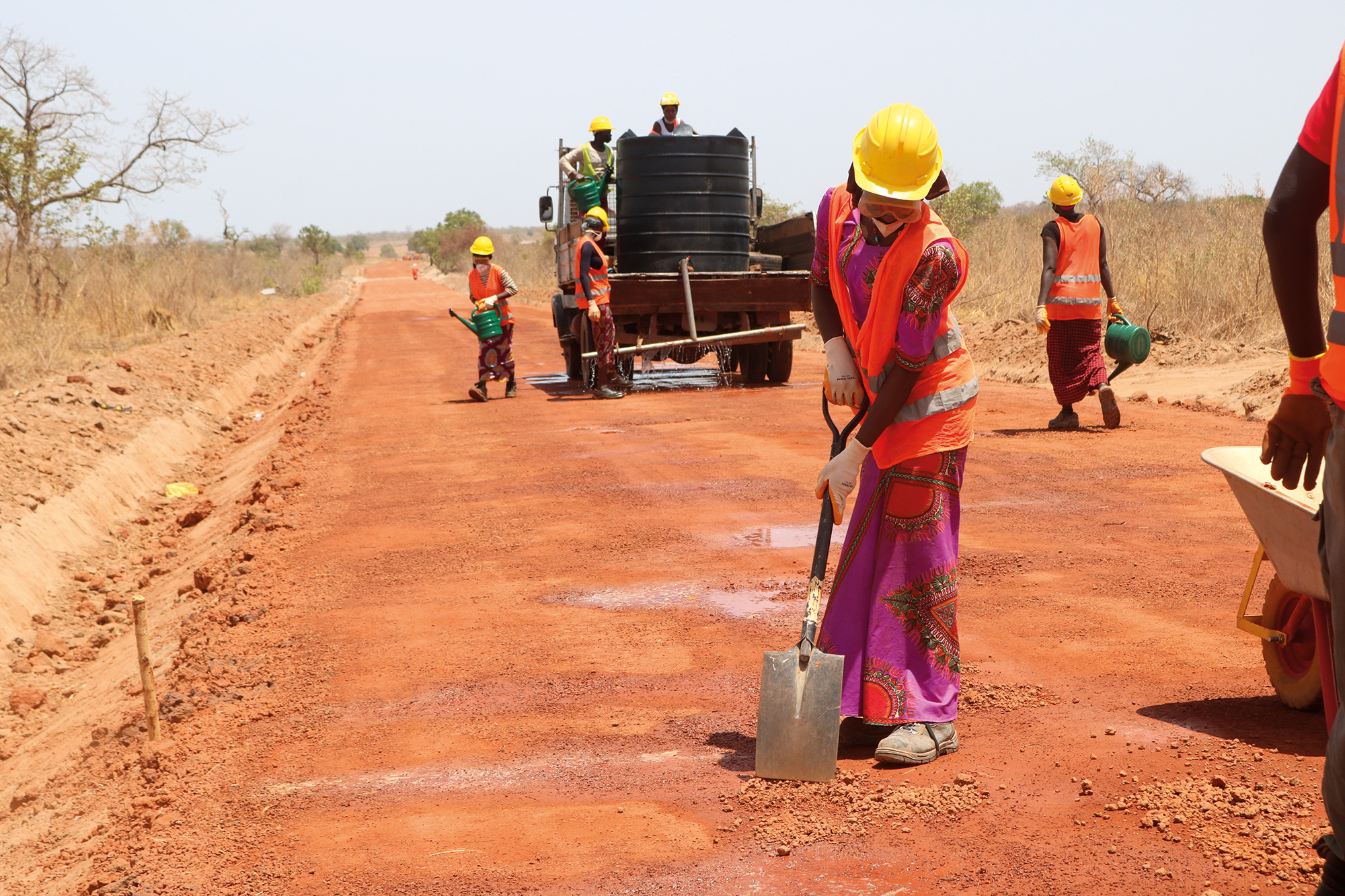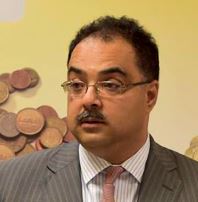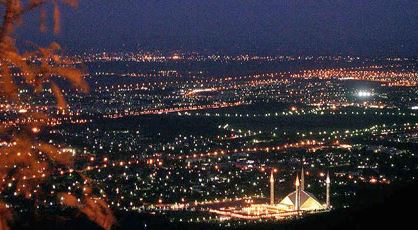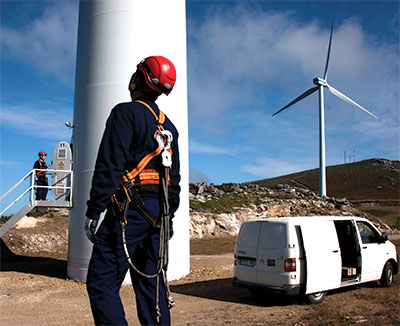[vc_row][vc_column width=”1/2″][vc_column_text]
Pakistan
The Islamic Republic of Pakistan gained independence in 1947 and since then has faced decades of internal political squabbles and meagre levels of foreign investment which has resulted in the country's underdevelopment. As a developing country, Pakistan has the potential of becoming one of the world's largest economies in the 21st century. In the year 2017, Pakistan's GDP in Purchasing Power Parity (PPP) crossed $1 trillion, making it the 24th largest economy in the world. The IMF revised the country's growth rate in May 2019 and predicted it to be 2.9%, the lowest in the South Asian region. Since 2015, the country's currency, called the Pakistani Rupee (PKR) has been stable against the US dollar, however it plummeted about 10% during the year 2017-18. The country's agricultural sector accounts for 18.5% of GDP and the majority of the population is dependent on it. It employs a significant portion of country's labour force (37.4%) and is also the biggest source of foreign exchange earnings. More than half of the country's export earnings comes from the textile sector. Since year 2013-14, exports have been on the decline. On the other hand, imports have increased at a faster rate on account of increased economic activity as part of the China Pakistan Economic Corridor (CPEC). Concessionary loans are provided from China under the Belt and Road Initiative (BRI) for the development of CPEC. Pakistan believes that the investments in energy and other infrastructure projects will lay a solid foundation for an increase in exports, which in turn will enable the GDP growth rate of over 6%. The country receives economic aid in the form of loans and grants, which is the main source of funding for the Pakistani economy. In May 2019, the country received its 22nd bailout package of US$6 billion from the IMF. Pakistan still has a lot of issues to address such as investment in healthcare and education, sanitation, widening of country's tax base (it has a low tax/GDP ratio), improving the business environment, climate change and natural disasters.
[/vc_column_text][vc_column_text] Its population in 2018 was 200,813,818 [1]
Its population in 2018 was 200,813,818 [1]
 In 2015, 46.48% of its total energy
In 2015, 46.48% of its total energy
consumption was renewable [2]
 In 2021, its GDP grew by 6.03% [2]
In 2021, its GDP grew by 6.03% [2]
 In 2021 it had a negative Current
In 2021 it had a negative Current
Account Balance of US$bn 1.92 [3]
 Its unemployment rate in 2021 was 7.40% [3]
Its unemployment rate in 2021 was 7.40% [3]
 Its Expenditure on R&D (as a percentage of
Its Expenditure on R&D (as a percentage of
GDP) in 2019 was 0.20% [2]
 A Big Mac will set you back the
A Big Mac will set you back the
local equivalent of US$3.31 [4]
What free trade areas or economic unions is it a member of?
None
[/vc_column_text][vc_column_text]What trade deals are there with other countries and economic unions?
Protocol on Trade Negotiations (from 11/02/1973)
Economic Cooperation Organization (from 17/02/1992)
EU - Pakistan Co-operation agreement (from 29/04/2004)
Pakistan - Sri Lanka free trade agreement (from 12/06/2005)
South Asian Free Trade Agreement (from 01/01/2006)
Pakistan - China free trade agreement (from 01/07/2007)
Mauritius - Pakistan partial scope agreement (from 30/11/2007)
Pakistan - Malaysia free trade agreement (from 01/01/2008)
Indonesia - Pakistan partial scope agreement (from 01/09/2013)
[/vc_column_text][/vc_column][vc_column width=”1/2″][vc_column_text]Kaan Terzioğlu, Co-CEO of VEON: The Privilege of Connecting Lives and Livelihoods
Sergi Herrero, Co-CEO of VEON: Product as Mission
IFC’s Blended Finance Department: Blending Public and Private Finance to Invest in Challenging Markets
VEON Works to Bridge the Digital Divide: Joint Leaders Sergi Herrero and Kaan Terzioğlu Show the Way
Atif Mian: Theory, Practice, and Macro-economic Reality in a World Longing for Rebound
UNOPS: Quality Infrastructure is Central to Sustainable Development
CFI.co Meets the Director General of National Savings, Pakistan: Zafar Masud
Proposed China Pakistan Economic Corridor: With a Price Tag of $46 billion
World Bank Group Increased Support for Reforms to Accelerate Economic Growth
IFC: Moving to Green Growth in Emerging Europe, Central Asia and the Greater Middle East
Trade with the United Kingdom
Source: UK Office for National Statistics, October 2022.
Contains public sector information licensed under the Open Government Licence v3.0.
















































































